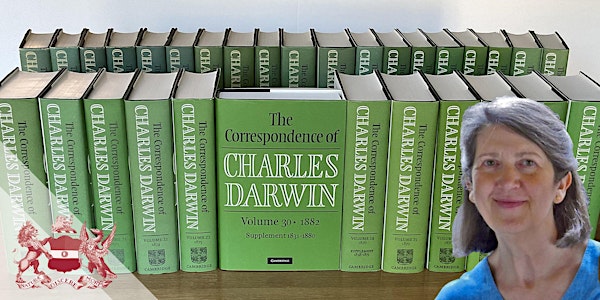A special evening meeting to commemorate the of the presentation of papers by Charles Darwin and Alfred Russel Wallace outlining the theory of evolution by natural selection at a meeting at the Linnean Society on July 1, 1858.
Please consider a donation. Your donations, big or small, go a long way in helping us deliver our nature-related outreach programme. Thank you!
Correspondence was one of the essential research tools of nineteenth-century science. This is evident from the collections of letters of many men and women of science in this period, especially the correspondence of Charles Darwin. The global reach of Darwin’s research was possible because letters allowed him to establish a world-wide information network and, in some cases, long-term epistolary friendships.
The recent publication of the thirtieth, and final, volume of Darwin’s correspondence provides an opportunity to reflect on the work and impact of the Darwin Correspondence Project. With all 15,429 extant letters also freely available online, this discussion will cover the editorial adaptations required as the priority shifted from print to digital as well as what the correspondence reveals about past scientific practice and Darwin’s role in it. Viewed through the lens of his letters, Darwin emerges as both ‘hero’ and ‘everyman’ of nineteenth-century science.
Anne Secord FLS is an affiliated research scholar in the Department of History and Philosophy of Science, Cambridge University. She was an editor of The Correspondence of Charles Darwin and worked on volumes 1–7 and 19–30. Her own research focusses on nineteenth-century working-class figures who contributed to science.
If you booked an online ticket, the Zoom link will be emailed to you a few hours before the event.
If you'd like to stay updated about our events programme, and other news, please subscribe to our monthly newsletter here.
Terms and Conditions.
